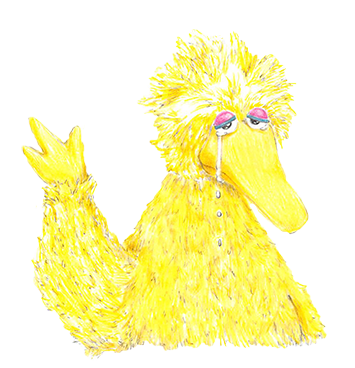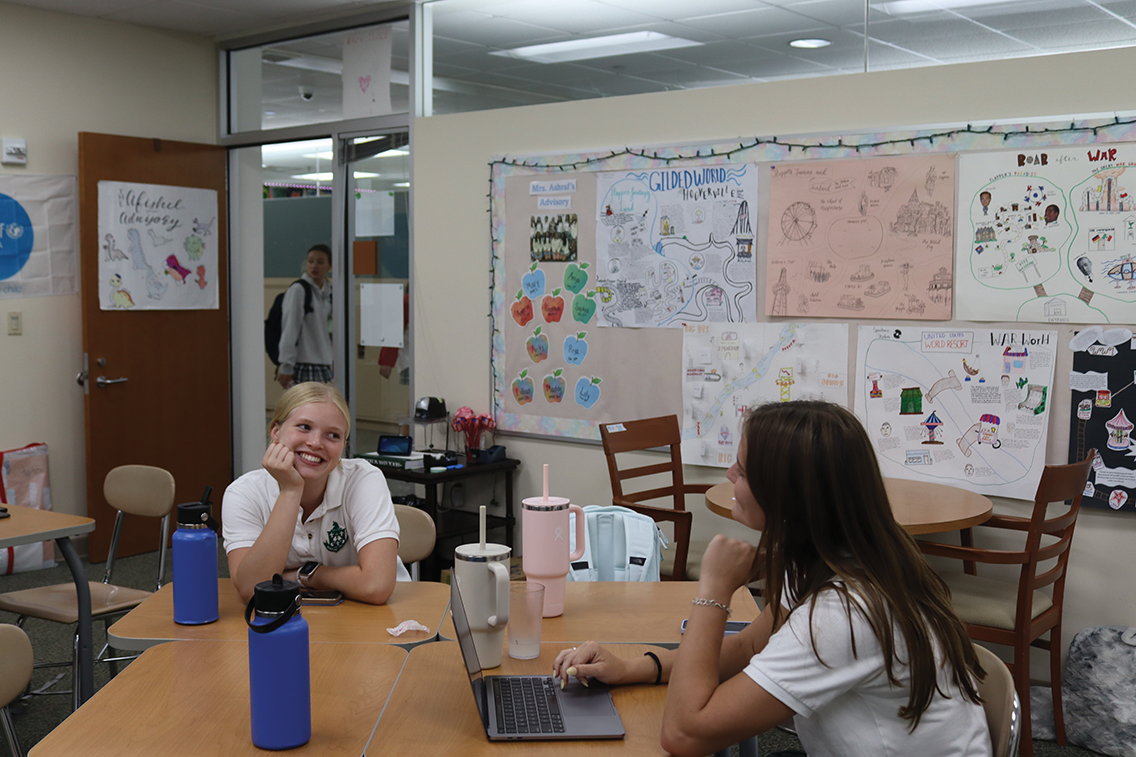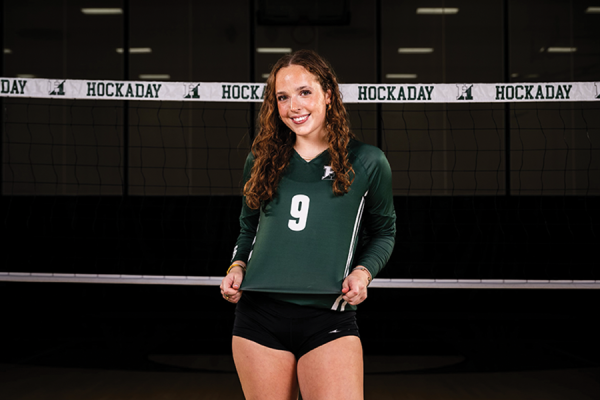Myths about preventative health
Experts outline what works, what doesn’t
January 28, 2023
When COVID-19 vaccines were developed in late 2020, common myths and misconceptions spurred skepticism about their effectiveness and possible side effects. Here are some of the commonly believed myths about vaccines that have been proven wrong by the Center for Disease Control and Prevention:
- Myth: Vaccines contain dangerous ingredients.
Fact: The majority of the ingredients in COVID-19 vaccines are found in foods. Vaccines do not contain ingredients such as preservatives, antibiotics, tissue, food proteins, medicines, latex or metals.
- Myth: Natural immunity is better than vaccine immunity.
Fact: The level of protection provided by the immunity from having the disease varies depending on the person’s age, severity of the illness and time since having the disease. The vaccine provides the same amount of protection and ensures the recipient will have the same degree of immunity no matter what.
- Myth: Vaccines contain microchips.
Fact: The vaccine produces antibodies that train the body to fight the disease. They are developed to prevent the public from spreading contagious diseases, not to track movement.
- Myth: Vaccines can alter DNA.
Fact: mRNA vaccines never interact with or enter a cell’s nucleus, and while the viral vector vaccine does send genetic material to the nucleus, it does not have the ability to integrate genetic material into a person’s DNA.
- Myth: The vaccine can make you sick with COVID-19.
Fact: None of the COVID-19 vaccines authorized in the United States contain the live virus, meaning the recipient can never be infected with COVID-19 by receiving a vaccine. Some people feel symptoms after receiving the injection, which is the body’s reaction to learning how to fight off the disease.
Director of Health Services Erika Herridge said one of the most common myths, especially in an all-girls community, was that the vaccine would affect menstrual cycles and fertility. Herridge said both of these beliefs have been debunked.
Though health care experts have confirmed effective treatments and preventive care for COVID, curious individuals have experimented with alternative treatments. One Dallas boutique markets teas, essential oils and herbal therapies as useful to treat the virus.
Upon entering Soultopia Holistic Boutique in Bishop Arts, Dallas, customers are greeted with the smell of incense and surrounded by stunning crystals. Employee Brianna Haynie, who credits her Native American roots for her pagan influence and knowledge of holistic healing, said she treated herself with plants after catching the virus.
Haynie said plants were the only thing that worked to clear her sinuses. After studying herbal medicine, she started to make herbal tinctures and said she now uses immunity boosting herbs and essential oils preventively.
People often enter the shop skeptical about the healing qualities of herbs and crystals. Haynie said she is a skeptical person who craves data and numbers to back up her practices. However, she said it is important not to be closed off to anything.
“If you say ‘oh, that’s not going to work,’ then it probably won’t work,” Haynie said.
Haynie said she continues to educate customers and friends about her practices despite some research disproving them.
Herridge said while herbal therapies cannot make the virus go away, they might help treat some of the symptoms of COVID-19.
“If you really believe that something is helping you, then it’s going to make you feel better,” Herridge said.
That said, research from the Mayo Clinic concludes the best way to avoid getting COVID is staying up to date on vaccines. The CDC also continues to recommend wearing a mask indoors in areas with high numbers of hospitalizations or new cases.










